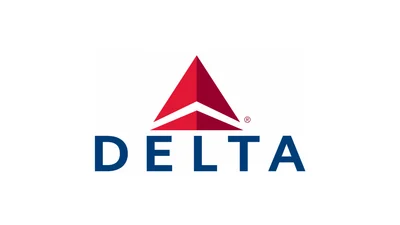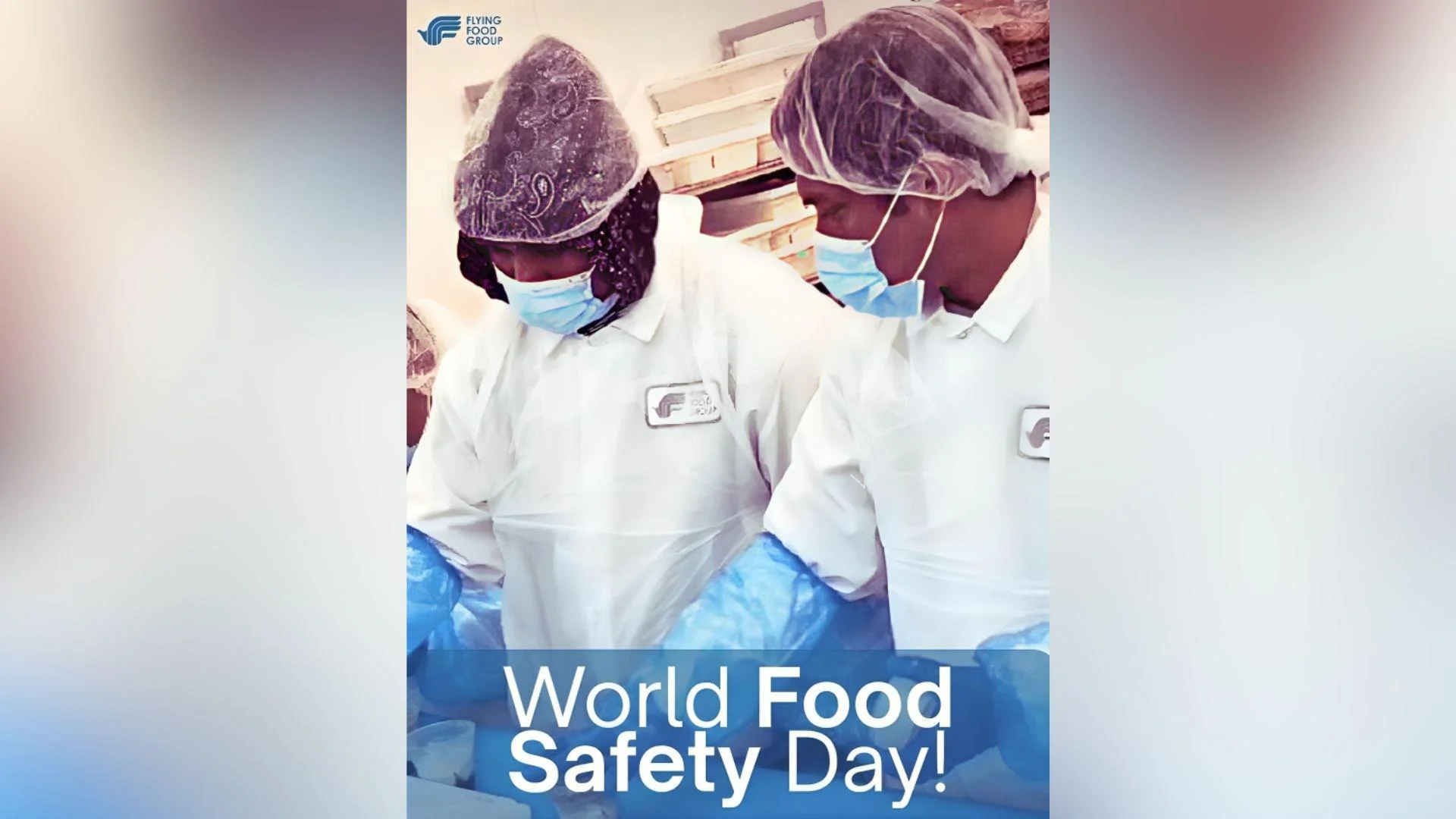Walsh emphasized the industry's resilience: "Earning a $36 billion profit is significant. But that equates to just $7.20 per passenger per segment. It’s still a thin buffer and any new tax, increase in airport or navigation charge, demand shock or costly regulation will quickly put the industry’s resilience to the test."
While global GDP growth is projected to fall from 3.3% in 2024 to 2.5% in 2025, IATA expects airline profitability to improve due to falling oil prices and stable employment levels contributing to demand growth.
In terms of revenue streams, passenger revenues are expected to reach an all-time high of $693 billion in 2025, with ancillary revenues contributing an additional $144 billion. Cargo revenues are forecasted at $142 billion, reflecting reduced GDP growth influenced by protectionist trade measures.
On expenses, industry costs are projected at $913 billion for 2025, with jet fuel averaging $86 per barrel—significantly lower than the previous year's average of $99 per barrel.
The supply chain remains a concern with aircraft backlogs exceeding pre-pandemic levels and engine problems leading to record-high groundings of certain aircraft types. Walsh expressed frustration over these ongoing issues: "Manufacturers continue to let their airline customers down."
Regional performances vary widely; North America is expected to generate the highest absolute profit among regions despite economic slowdowns affecting consumer sentiment. Europe benefits from strong passenger demand and favorable currency conditions while Asia Pacific sees robust demand driven by relaxed visa requirements across several countries.
Latin America faces challenges with weak domestic currencies impacting financial performance despite positive developments like open skies agreements enhancing connectivity. The Middle East shows strong profitability per passenger but faces capacity limitations due to delivery delays.
Africa's carriers struggle with high operational costs and limited access to foreign currency but see sustained air travel demand.
Despite these challenges, public opinion polling commissioned by IATA indicates strong consumer satisfaction with air travel services and confidence in the industry's commitment towards achieving net zero CO2 emissions by 2050.
 Alerts Sign-up
Alerts Sign-up




































